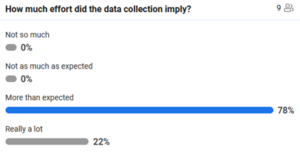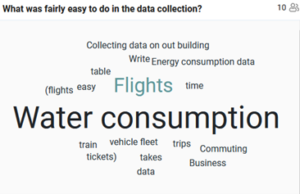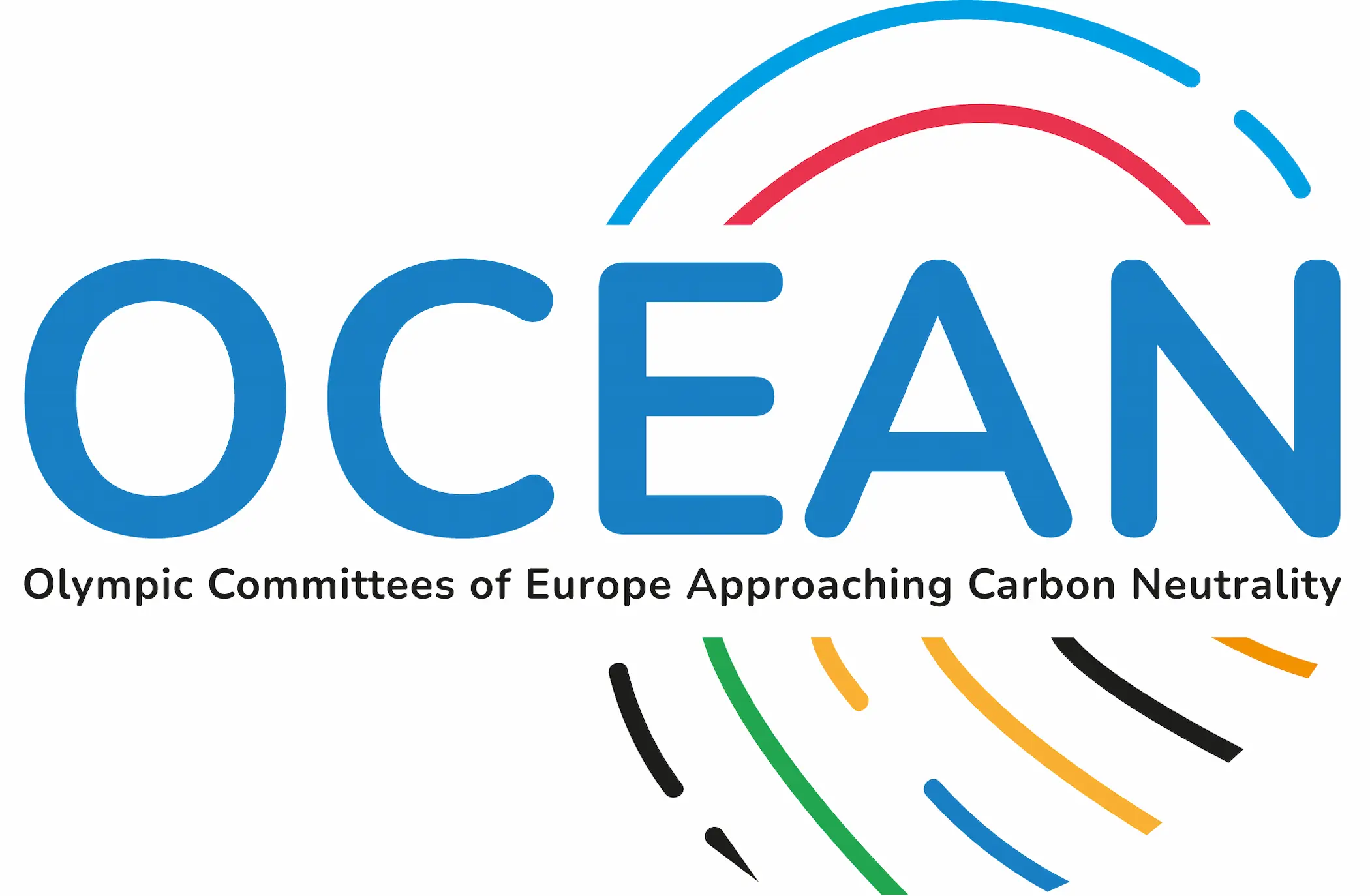On 12 December, the 3rd Online Seminar focusing on Carbon Footprint measurement occurred, led by OCEAN's scientific partner, Öko-Institut. The primary goal was to unveil the initial findings of the carbon footprint measurement, fostering a platform for Climate Action Officers to engage in discussions and share experiences related to gathering essential data within their NOC. Partner NOCs are in the final stages of data collection, while Öko-Institut is completing the reception process, poised to integrate the data for the comprehensive finalization of the measurement tool by the NOCs.
Following an overview of the data collection status provided by the Öko-Institut, partner NOCs were given the chance to exchange insights on their respective experiences with the data collection process. The consortium addressed key queries, including: 1) Assessing the level of effort involved in data collection; 2) Identifying aspects that were relatively straightforward during the process; 3) Highlighting challenges encountered in data collection; and 4) Proposing potential enhancements for the measurement tool.

Climate Action Officers stated to have provided more effort than expected on the data collection process due to the proportion and variety of data to collect. The consortium encountered obstacles regarding the calculation of the data, for which the use of online platforms was identified as a potential solution, especially regarding indicators for commuting. More importantly, Climate Action Officers were recommended to use estimates of travels and roughly compile reported numbers, rather than seeking the exact detailed data. To improve the measurement tool, partner NOCs will use a collaborative document for options for improvements regarding the data collection. The consortium was overall confident about future measurements (i.e. for 2024) as they are now equipped with adequate processes and tools to collect the necessary data within their NOC.

During the concluding part of the meeting, the Öko-Institut delivered an overview of the initial findings from the carbon footprint measurement, encompassing an overview of relevant terms within the context of carbon footprint assessment, along with a discussion on methodological choices and their implications. The conclusive results of this measurement are slated for presentation in March 2024, during Module 3 of the Training Course in Lausanne.
The final words of the meeting were dedicated to set the next steps of the project. The OCEAN consortium will convene virtually in January 2024, anticipating the forthcoming in-person meeting scheduled for March 2024 to kick off Module 3 of the Training Course for Climate Action Officers.


